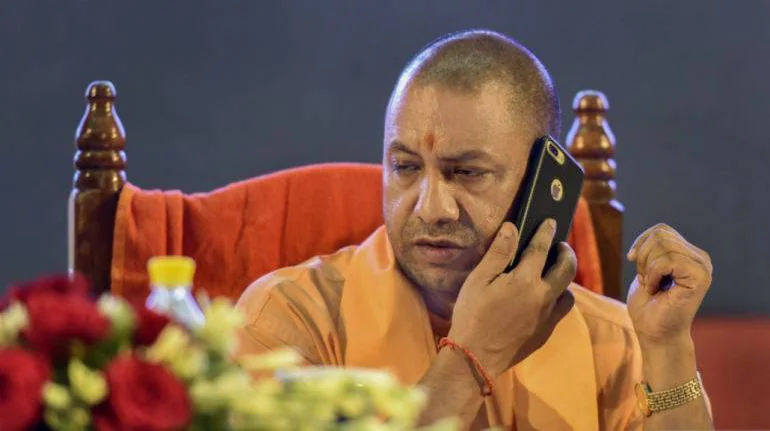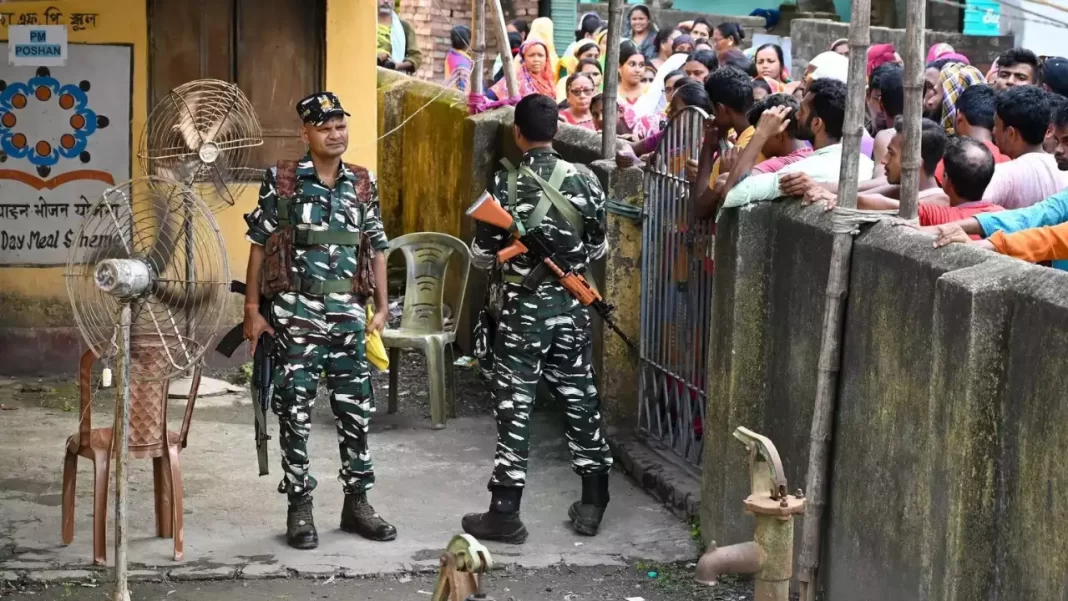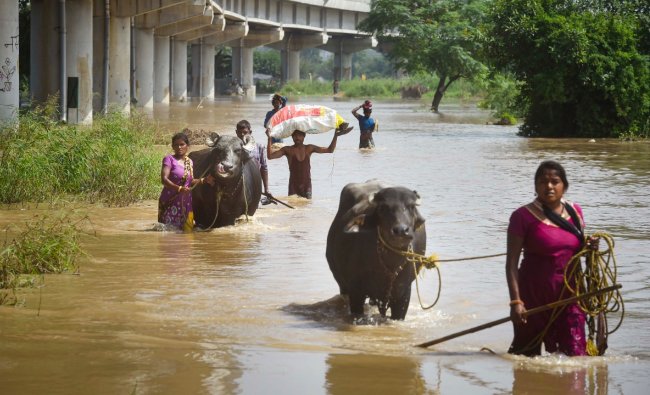
Gorakhpur, Uttar Pradesh: In a shocking turn of events, law enforcement authorities have apprehended a man from Gorakhpur, Uttar Pradesh, for issuing death threats against the Prime Minister of India, Narendra Modi, and the Chief Minister of Uttar Pradesh, Yogi Adityanath. The incident has sent shockwaves through the state, raising concerns about the safety of public figures and the stability of the region.
The accused, identified as Rajesh Kumar, a resident of Gorakhpur, was taken into custody by the local police following an intensive investigation. The threats, allegedly made through social media platforms, were brought to the attention of the authorities by vigilant citizens who stumbled upon Kumar’s posts. Concerned about the gravity of the situation, they promptly reported the matter to the police, leading to a swift response.
Law enforcement agencies have taken the matter seriously and are conducting a thorough investigation into Kumar’s motives and background. Initial reports indicate that the accused may have a history of involvement in anti-establishment activities. However, the police have not disclosed any further details, citing an ongoing investigation.
The incident has once again highlighted the challenges faced by public figures in today’s interconnected world, where threats and acts of violence can be disseminated rapidly through online platforms. The Prime Minister and the Chief Minister hold critical positions of power and responsibility, making them vulnerable targets for individuals with malicious intent. Ensuring their safety becomes an imperative duty, and the authorities must remain vigilant in thwarting any potential harm to them.
Both Narendra Modi and Yogi Adityanath have been subjected to numerous threats in the past, owing to their strong leadership and unapologetic stance on contentious issues. As prominent figures in Indian politics, their work and policies often evoke strong emotions and reactions from both supporters and detractors. While criticism is an inherent part of democracy, threats and violence have no place in civil society and must be unequivocally condemned.
The arrest of Rajesh Kumar should serve as a reminder that the law will not tolerate attempts to disrupt public order or harm the lives of public servants. The incident calls for enhanced security measures and greater scrutiny of online platforms to prevent the spread of hate speech and threats. It also emphasizes the importance of community awareness and the active involvement of citizens in reporting such incidents promptly to the authorities.
In conclusion, the arrest of an individual for threatening the lives of the Prime Minister and Chief Minister sends a strong message that such actions will not be taken lightly. The incident should serve as a wake-up call to address the challenges posed by the digital age, where the ease of communication can be exploited by those with nefarious intentions. Upholding the safety and security of public figures is crucial for maintaining the stability and functioning of any democratic society.


